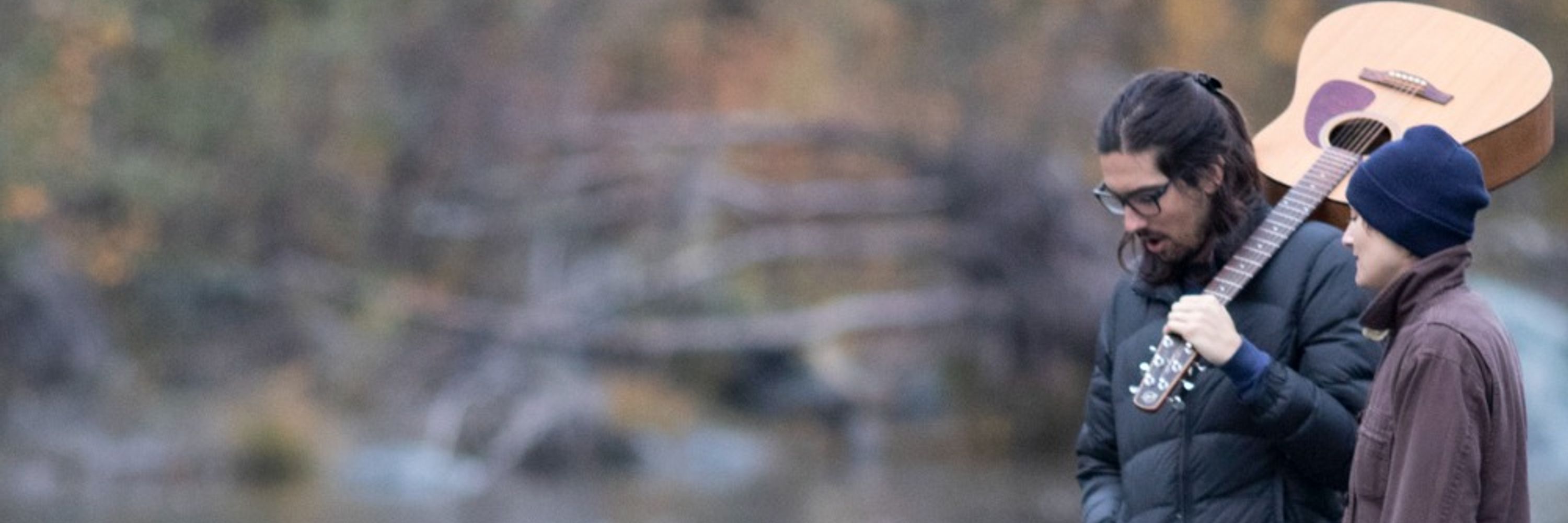
semiparametric statistics, machine learning, causal inference, stats/ML pedagogy, social justice
Modern Causal Inference Book: alejandroschuler.github.io/mci/
Led by the richest man on earth. In secret, on a weekend. With zero analysis or discussion of its catastrophic impacts.

Led by the richest man on earth. In secret, on a weekend. With zero analysis or discussion of its catastrophic impacts.

www.nytimes.com/2025/12/03/o...


- Adolf Hitler
- Adolf Hitler
We learn more from this one paper than from 50 one-offs examining the predictive validity of implicit measures.
We learn more from this one paper than from 50 one-offs examining the predictive validity of implicit measures.
But the decline is entirely driven by two-year community colleges (and by for-profit colleges). The four-year sector is the dog that didn't bark.

But the decline is entirely driven by two-year community colleges (and by for-profit colleges). The four-year sector is the dog that didn't bark.
Full statement from NU below:




One of the key perks we have in academia is the freedom to set our own agenda.* If someone else can—and WILL—do it, why would you?
One of the key perks we have in academia is the freedom to set our own agenda.* If someone else can—and WILL—do it, why would you?
Don't fine companies, put CEOs who gave the president obvious bribes in jail.
And so on.
Don't fine companies, put CEOs who gave the president obvious bribes in jail.
And so on.
So we need to extract those costs.
-36% approve
-60% disapprove
His approval among Republicans went from 91% in January to 84% in November
news.gallup.com/poll/699221/...
So we need to extract those costs.
And then, in something of an irony, Noem him out of the country before anyone can react.
And then, in something of an irony, Noem him out of the country before anyone can react.
www.ctvnews.ca/canada/newfo...

www.nber.org/system/files...

www.nber.org/system/files...

www.thetimes.com/comment/colu...

www.thetimes.com/comment/colu...
Struck by this section on transportation funding:
h/t @cafedujord.bsky.social

The underlying cause of every bubble - debt masquerading as financial innovation - depends on not just short financial memory & speculative neophytism, but reinventing jargon of finance, like how each generation of kids has new ways to say same things.






